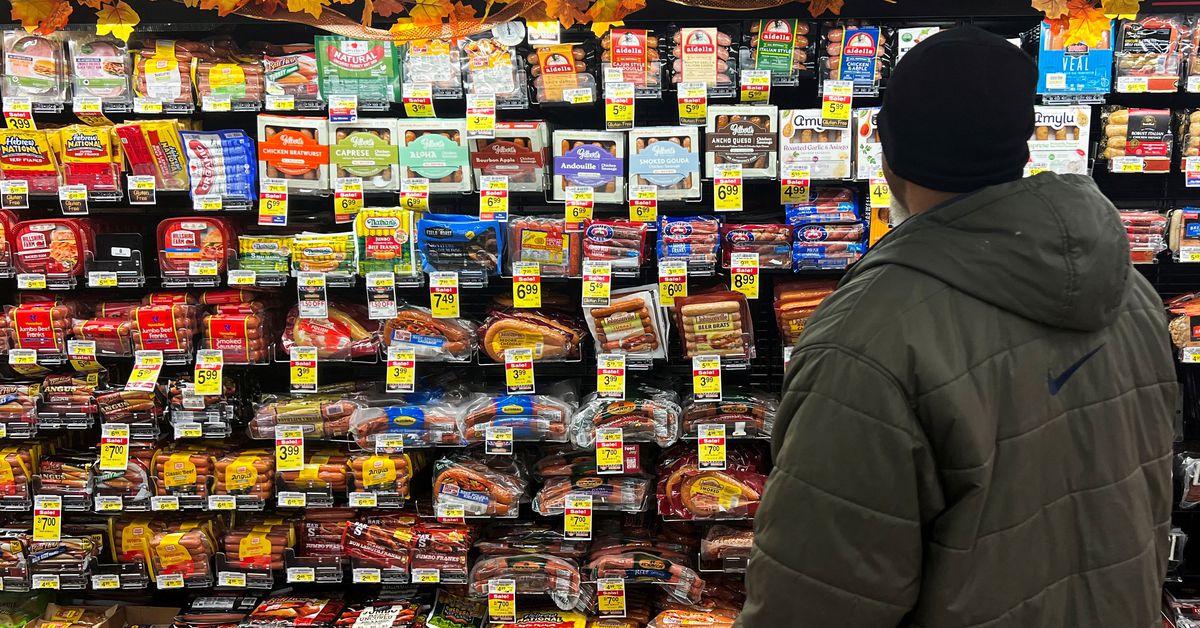Figures. 🙄
Food is 2-3x the price it was just a few years ago, yet you’re gonna roll your eyes cause people can’t afford even more expensive goods? Fuck off.
Rolling your eyes cause people are more often than not one surprise bill away from poverty don’t wanna pay more for sustainable goods? Get outta here
One of my challenges is good labelling. A product can make the claim it’s sustainable but products make a lot of bogus claims. I’d pay more if the label was worth a damn.
About 15-20 years ago, a friend of mine who teaches communication at a university told me of a study that I think of every time I’m in a store and see vague sustainability messaging on a product. The study had two types of milk containers, each with the same milk from the same producer, but one had a standard label and cap, while the other had green-coloured labelling and a meaningless phrase along the lines of “for a better tomorrow”. The milk in the green, meaningless labels outsold the other one, even without making any actual claims. I think years of greenwashing BS have made people not trust claims of sustainability or eco-friendliness.
Another issue is hyperbolic discounting. Even if a more sustainable option saves money of the long run, people are generally bad at factoring in future savings.
Part of the problem is that corporate greed is just so prevalent everywhere that when I see higher prices, my immediate first thought is that they’re just shafting us because they can. It could cost $0.02 more per unit to produce, and they’d still charge $10 more, if they thought they could get away with it.
“There is a gap between what people say they want and what they actually do at the purchasing point – this is a difficulty for us,” Oriol Margo, EMEA sustainability transformation leader at Kimberly-Clark, said on Thursday at the Reuters IMPACT conference in London.
“It feels like our consumers are asking for sustainability but they are not looking to compromise on price or quality.”
I’m willing to compromise - as in, if it costs them $4 more to produce, they charge $2 more for it, we’re splitting the difference. Fine. I don’t believe that’s what’s happening. Maybe it is, but the perception is what matters, and we’ve been taking it up the ass for so long, it’s hard to believe they’re going to pull out on this one point.
Uh… from an economic point you just can’t split the additional cost in half if it costs 4 dollar more. If something costs 20 dollars to make and they sell it for 25 to price in the other costs and a slight profit margin and then it costs 30 to make when doing it sustainable they can’t sell it for 20 + (10 / 2) +5 = 30. They would make a minus then. They could sell it for 35, with gaining the same profit as before.
This is all under the assumption that the original price was a fair price.
(pst profit shouldn’t exist)
A salary is profit. Are saying we should do away with money?





